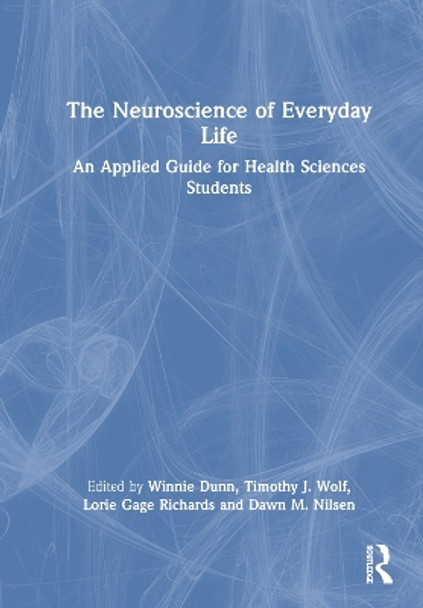Description
By weaving vignettes and case studies throughout, this fascinating and original textbook provides an accessible primer not only on the key principles of neuroscience but, crucially, how they may manifest in the everyday lives of people with neurological conditions.
Each chapter begins with the story of a person or family, including a description of what they want to do in their everyday life, before presenting the neuroscientific principles that underlie this person’s situation. Rather than a technical book about neuroanatomy, physiology or pathology, the spotlight is on understanding the way that neurological differences impact a person’s life. Through focusing on a particular condition, each chapter highlights a different aspect of the nervous system, and what happens when things change. A wide range of topics are covered, from conditions such as Parkinson’s, dementia, MS or autism, to conditions resulting from traumatic events such as spinal cord injuries, stroke or chronic pain. The goal of the book is to trace a thread from neuroscience to how the nervous system effects active participation in daily activities. This approach gives students and professionals a thorough and informed grounding to support problem-solving in practice, improving evidence-based assessment, interventions, and outcomes.
Following current evidence-based teaching practices, this text emphasizes engaged teaching/ learning methods throughout each chapter to encourage students’ own active discovery. This ground-breaking text will be essential reading for any health science students as well as professionals in practice.
Book Information
ISBN 9781032903774
Author Winnie Dunn
Format Hardback
Page Count 320
Imprint Routledge
Publisher Taylor & Francis Ltd









